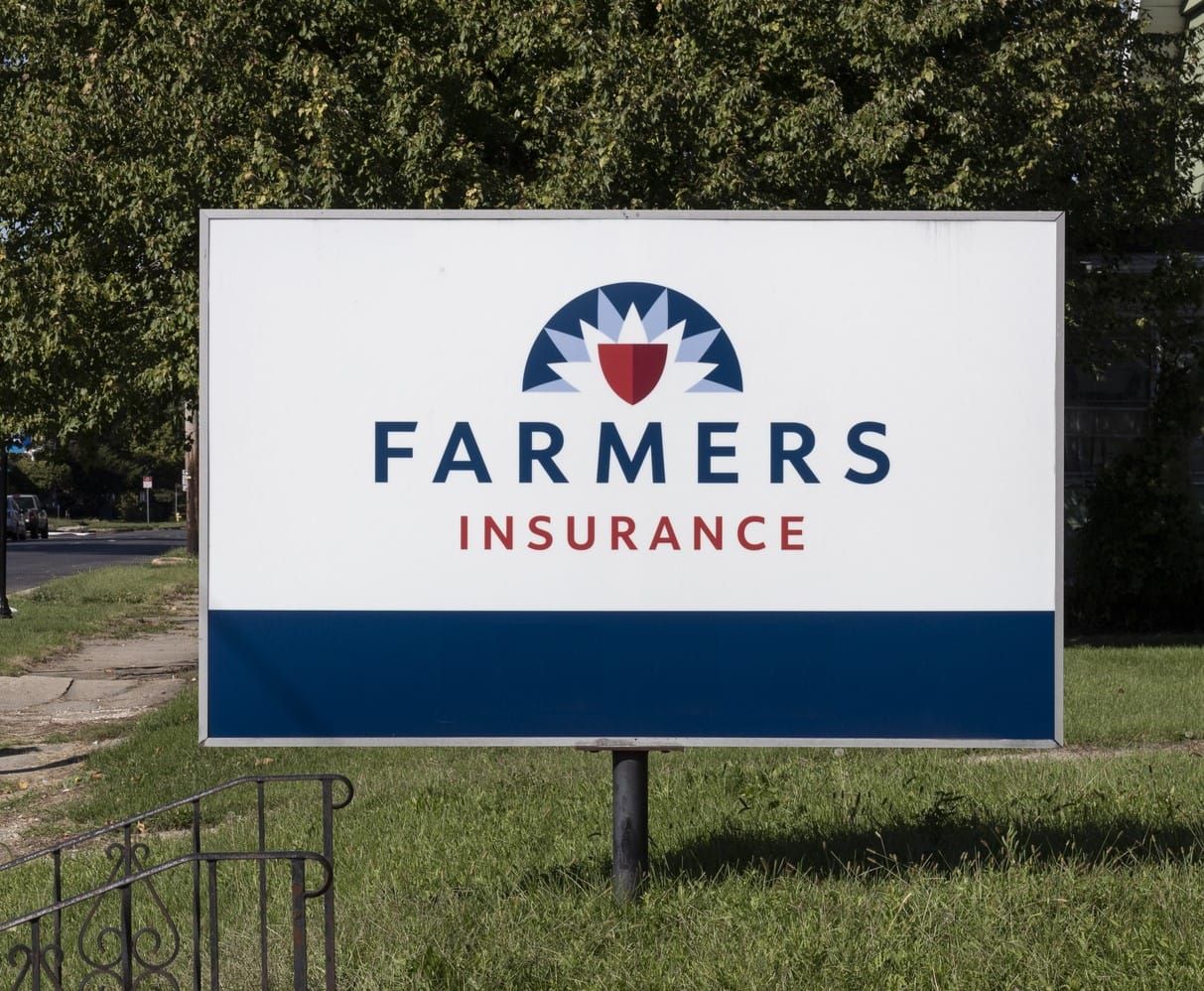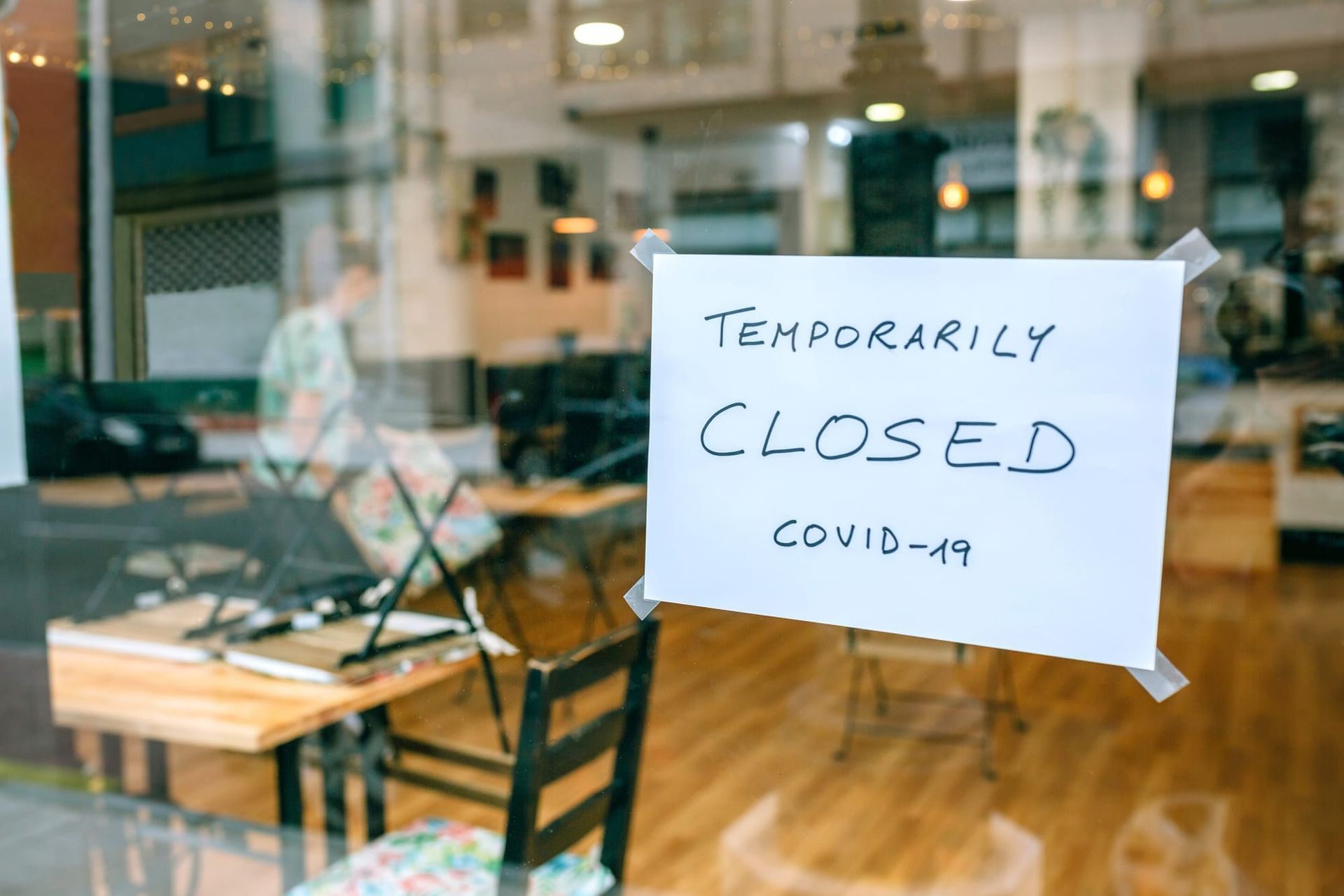Agent's use of Farmers logo did not make it FAIR

When an underinsured home burns down, the owner's options to fund rebuilding are usually limited. If the homeowner had enough money to just build a new home herself, she may have foregone fire insurance altogether. This was always the advice of Charlie Munger , the late former vice chairman of Berkshire Hathaway, the insurance and See's Chocolates conglomerate: "In my own life, I'm a big self-insurer and so is Warren," he explained. "So why would I want to bother fooling around with the claims process and all kinds of things?"
Underinsurance is not a new problem , and, of course, the vast majority of homeowners do not have enough chocolate money lying around to simply cut a check for the difference between the cost of rebuilding and their insurance policy limits. Some underinsured homeowners without the resources to rebuild are forced to sell their land. Another option may be to sue the person who sold them their insurance policy for failing to obtain limits high enough to rebuild the home.
But what if the insurance seller is also underinsured? This could be a particular concern in disaster events that result in numerous claims in the same geographic area where the insurance seller works. For one reason or another, claims against insurance sellers are frequently coupled with claims against the deep-pocketed insurance carriers themselves, seeking to hold the carriers responsible for the alleged misconduct of the agent.
An insurance carrier is vicariously liable for an insurance seller's acts when the seller acts with actual or ostensible agency. An actual agency relationship is generally more easy for a plaintiff's lawyer to sift out, as there is typically a written contract that establishes the scope of the agency relationship.
Whether an agent has acted with ostensible agency is more complicated, as recently addressed in Erin Hughes v. Farmers Insurance Exchange (107 Cal.App.5th 73). There, homeowner Erin Hughes purchased two insurance policies with the assistance of Maritza Hartnett. One policy was issued by Farmers Insurance Exchange; the second was issued through the California FAIR Plan Association. The Farmers policy excluded coverage for fire damage to the dwelling. The FAIR Plan policy afforded fire coverage subject to a limit of $1.2 million. A fire in December 2020 caused $3 million in damage to the home.
Litigation ensued over the nearly $2 million gap between the available insurance and the cost to rebuild. Hartnett was sued on standard theories of professional negligence related to her purported failure to procure high enough limits for the FAIR Plan policy. But Farmers was also sued based on its alleged vicarious liability for Harnett's actions in assisting Hughes in obtaining both policies.
Hughes presented the following evidence of Harnett's ostensible agency with Farmers related to her procurement of the FAIR Plan policy:
- Hartnett had a "Farmers Insurance" sign above her office door;
- The Farmers webpage listed Hartnett as a "Farmers Insurance Agent";
- The emails contained a Farmers logo;
- Hartnett used replacement cost estimating software provided by Farmers to generate a quote for the FAIR Plan policy, and that the "gross underestimation" of the property's necessary coverage was based on information generated using the Farmers software.
The appellate court ruled this evidence was not enough to establish Harnett acted as a Farmers agent when selling the FAIR Plan policy. The court said Harnett's "mere use" of the Farmers logo was insufficient to suggest ostensible agency "that would encompass Harnett's procurement of the FAIR Plan policy". Use of the logo, the court reasoned, was to advertise Hartnett's agency for the purpose of Farmers insurance products, not those offered by other carriers.
Hartnett's use of the Farmers software to generate a quote for the FAIR Plan policy also did not constitute evidence of ostensible agency. The court said its inquiry must focus on "conduct or omissions by Farmers that could have contributed to a reasonable belief by Hughes that Hartnett was acting as Farmers' agent in procuring the FAIR Plan policy, as opposed to the Farmers policy." The court said Hartnett's use of the Farmers replacement cost estimating software could not constitute such evidence of conduct by Farmers.
The takeaway: If you pulled someone off the street and asked them to understand that an agent with a Farmers sign on the door who used a Farmers email address and Farmers software while simultaneously selling them multiple policies was actually acting as a Farmers agent for purposes of only one of those policies, I'm pretty sure the response would be along the lines of: "Wait, what, I'm sorry, I was watching a video on my phone."
But if you responded, "No, please, focus here for a moment on the words I am saying. The same insurance saleswoman sold you a package of insurance policies at the exact same time to provide coverage for a single home, and even though you walked into what looked very much like a Farmers office, the agent only acted as a Farmers agent for purposes of selling one of the policies, even though Farmers software was (allegedly) responsible for generating the total insufficient collective limits that ultimately caused your damages."
Summary judgment is a good result for the carrier here.
Endorsements
Speaking of Farmers, it is back to writing some new policy lines in California after a temporary pause. (Coverager)
Is Gen Z's "desire to do social good" driving post-COVID nuclear verdicts
? (Daily Journal)
A former law firm CFO who has pled guilty to embezzlement used some of the money to pay off his Best Buy credit card. (U.S. Attorney's Office)
Model the Risk
Black bears are destroying property and possibly murdering people in Lake Tahoe. (New Yorker)
Send news, questions, and comments using email containing whatever logo you like to: nathan@winegarlegal.com
Do not take legal advice from this or any other newsletter.
Insurable Interest Vol. 1. | © 2025 Winegar Legal P.C.




